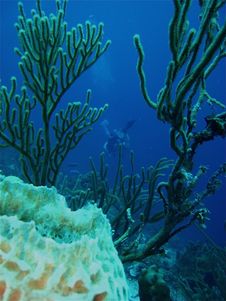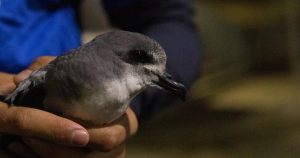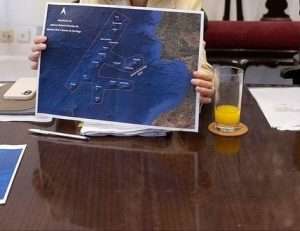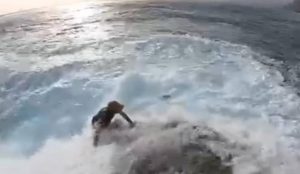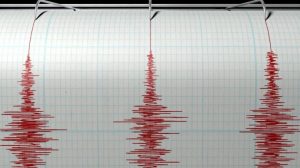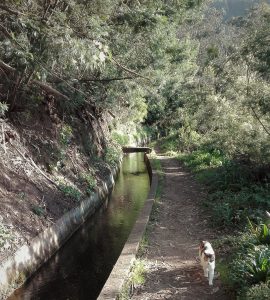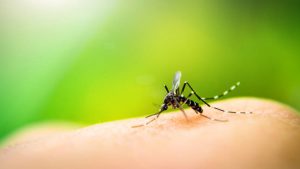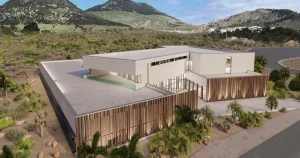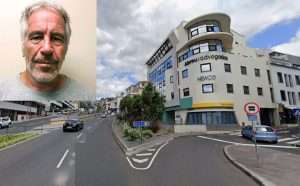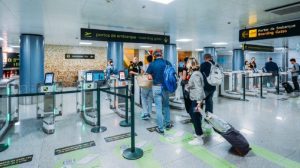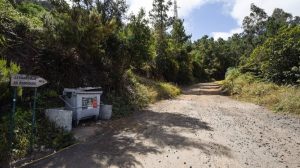The President of the Madeira Regional Council of the Order of Biologists said today that he had not found “any advantage for the protected area of Selvagens to be changed.” Ricardo Araújo was speaking at the Specialized Commission on Environment, Climate, and Natural Resources, of the Legislative Assembly of Madeira, which is listening to several experts on the Draft Regional Legislative Decree, from Chega, entitled “Alteration of the protection regime of part of the marine area of the Selvagens Islands Nature Reserve.”
Basically, Chega wants “traditional tuna fishing, by vessels that use the pole and line technique, to be allowed to fish between 2 and 12 nautical miles” of the Selvagen islands to be authorized, but the biologist began by mentioning that this activity, within this area, represents only 1%. He therefore suggested, given the reduced economic impact, a possible compensation to fishermen by the Regional Government, for the maintenance of the current rules.
Ricardo Araújo also pointed out that a possible permission for tuna fishing beyond the 2 miles of the Selvagens islands would bring more vessels to this maritime area, the 7 Madeiran vessels would be joined by the 20 vessels from the Azores.
The president of the Regional Council of Madeira Order of Biologists raised doubts about how to supervise the vessels in the area if the change to the protection regime comes to fruition. “Will there be permanent inspection? Will the basements be sealed? Who says that other species will not be fished?” He asked.
Ricardo Araújo also drew the attention of the deputies to the “discredit of Madeira, before international organizations, if this move is approved. “I prefer to keep the current law than go backward.”
Asked about the impacts of the excess of tuna within the 12 miles of the Selvagens, the biologist assured that “tuna is a migratory species that feeds on other migratory species,” so the question does not arise, stressing that he does not agree, either, with the opening of tuna fishing at certain times. “Any activity developed by man always creates imbalances,” he concluded.
The parliamentary leader of Chega justified the diploma with a consultation made to the fishermen of Caniçal and Machico, ensuring that “that reserve has always lived in perfect communion with man. If the economic impact is 1%, the environmental impact will not be very great either.”
Miguel Castro pointed out that the 12 miles represent “a huge distance from the coast”, with fishermen having to wait, sometimes days on the high seas, for “the tuna to leave the protected area”. “If there is a change in the regime, the more quickly the fishermen enter the area, fish and leave,” he concluded.
One would wonder if this is a vote bargaining chip, that will leave the road open for other areas to be exploited and depleted, under the guise of helping those who feel underrepresented.
Samantha Gannon
info at madeira-weekly.com
Views: 2

